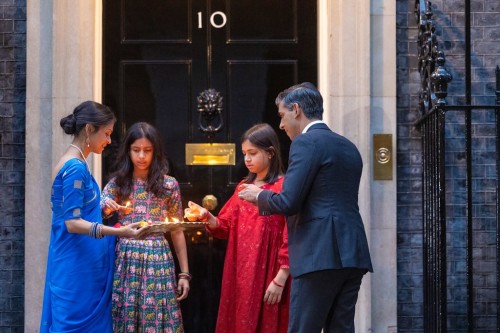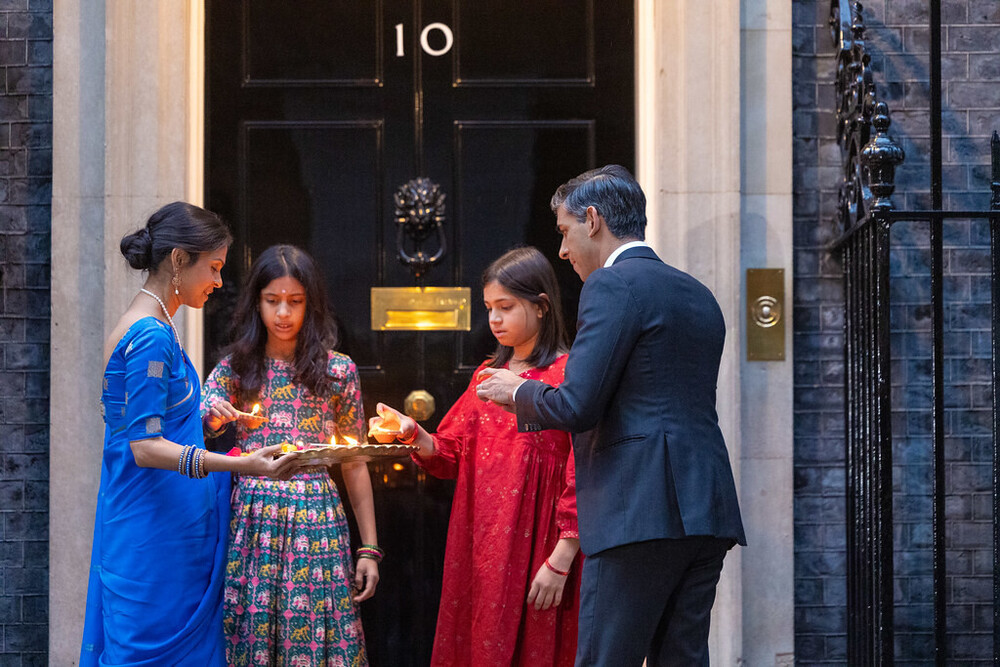
posted 21st February 2025

Throughout history, people have been (and still are) prevented by prejudice from expressing their racial, cultural or religious identity. Reggae music has been denounced as decadent; there have been protests against the building of mosques (as once there were protests against the building of Catholic churches); Hindu children have been forced to take part in Christian nativity plays and carol services during Diwali; school canteens have failed to serve kosher or halal food.
Multiculturalism – the active assertion and promotion of different cultures within society – is an attempt to address and overcome this prejudice. It recognises that Britain is not a monocultural society where everyone is the same. It is highly diverse, and this should be celebrated. Keep the nativity plays, but also celebrate Eid, Diwali, Hannukkah and Chinese New Year in schools. This should be the case even in schools with a majority white student population; it will teach students about their nation's diversity. Dish up fish and chips on Friday, but have vegetarian, kosher and halal options too. A longer menu not only makes people from different traditions feel more welcome, it also makes lunch (and life) more interesting. Local and national governments should support, both morally and financially, cultural events like the Notting Hill Carnival, Holi celebrations and dragon parades at Chinese New Year. They should encourage white people to come, not only for education, but also for fun. This doesn’t mean that you have to stop singing ‘Land of Hope and Glory’ at the Last Night of the Proms – you can have that too. It’s all part of the glorious diversity and variety of contemporary Britain.
Opponents of multiculturalism argue that, far from creating a society which is tolerant and accepting of difference, it leads to fragmentation and division. It encourages people to live in ghettos, cut off from wider society, where they only associate with people like them for fear of diluting their cultural identity. It undermines national unity, as people prioritise their own cultures over their national identity. Rather than decreasing racism, it increases it, because it separates people, and encourages us to see them as defined by their racial, cultural or religious identity, rather than judging them as individuals.
Just because someone is born into a particular identity, it does not mean they necessarily want to embrace its values. Someone of Jamaican heritage might actually prefer Rachmaninov to reggae; some people born Hindu convert to Christianity; there are Muslims and Jewish people who love pork pies. Defining people by their culture stops them from expressing their personal identity and preferences. Moreover, not all cultural practices should be celebrated. Should we be prevented from denouncing female genital mutilation, forced marriages and homophobia just because they form part of a cultural tradition?
Motions that go with this topic
1. This house would make it compulsory for 20% of texts studied for English Literature GCSE and A-Level to be by writers from ethnic minorities.
2. This house would make it compulsory for all schools to celebrate non-Christian religious festivals.
3. This house believes all cultures are of equal value.
4. This house believes promoting a shared national identity is the best way to defeat racism.
5. This house believes immigrants should assimilate to British values.





